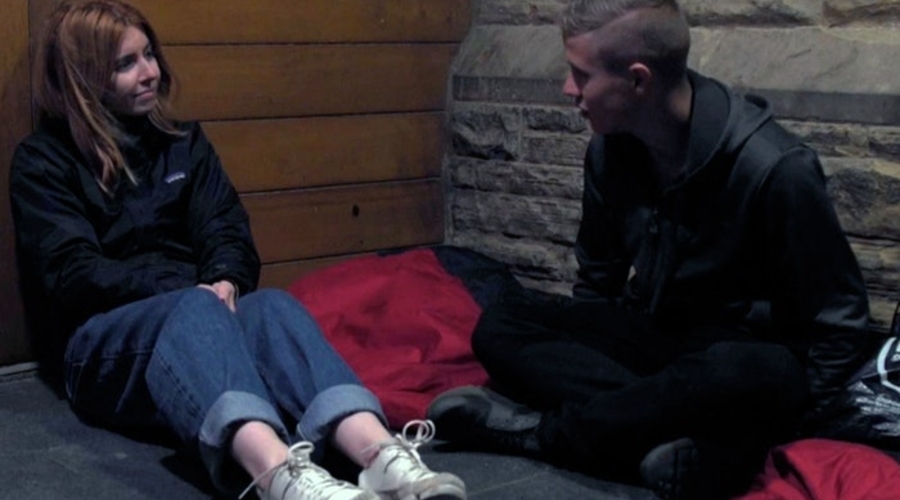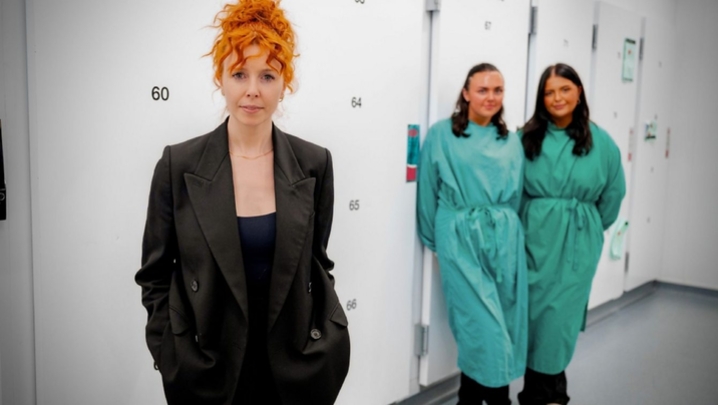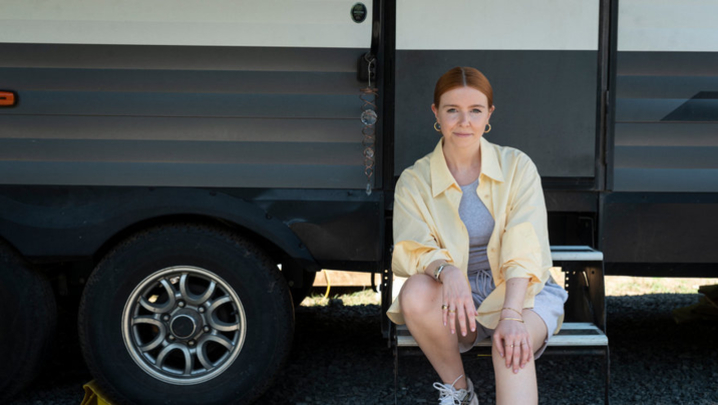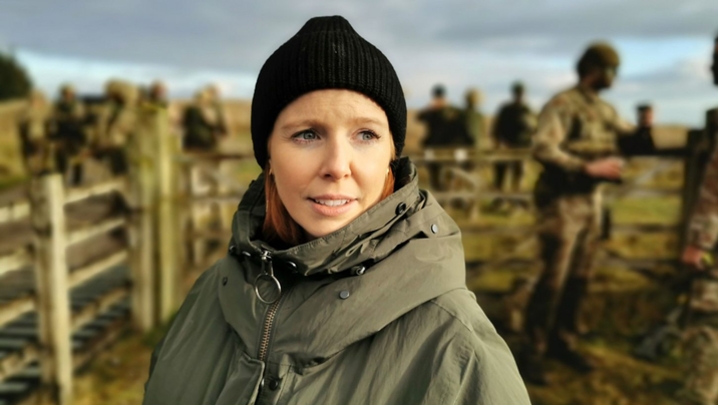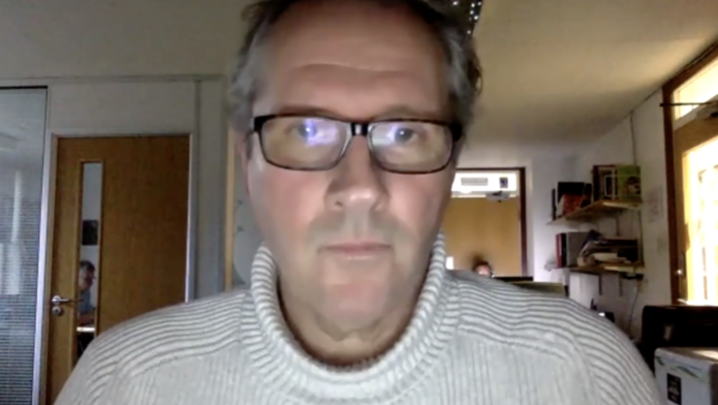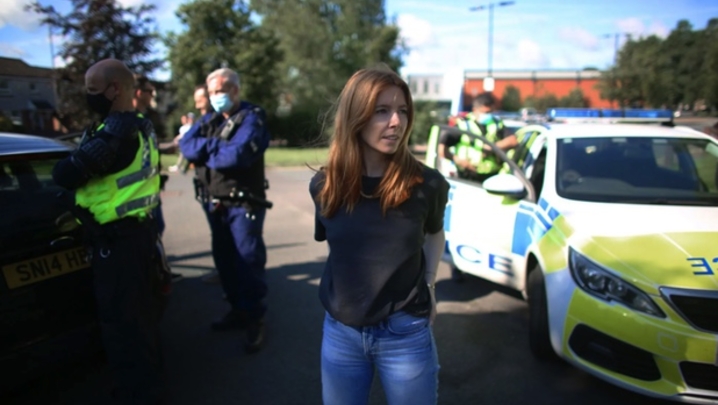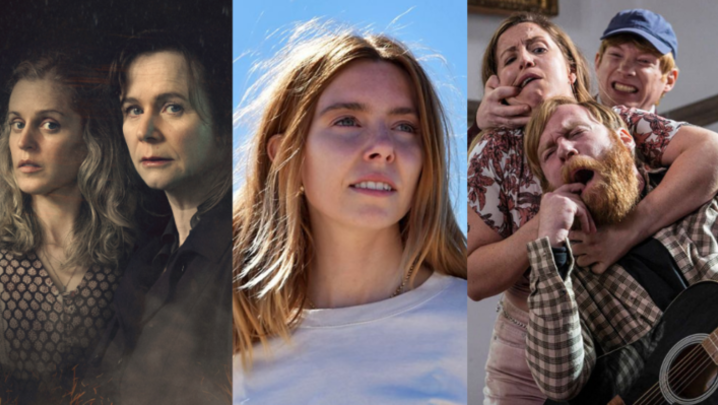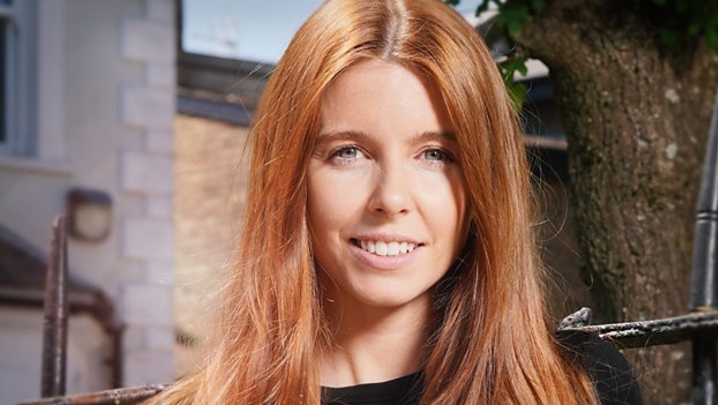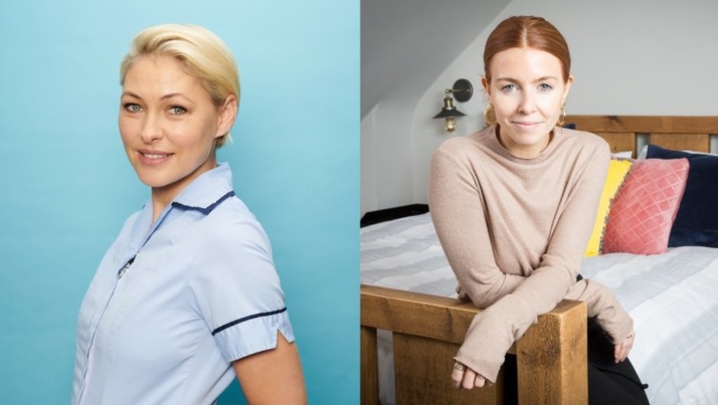At an RTS East event that asked the question, “Can films make a difference?”, documentary film-maker Brian Woods convinced an audience in Cambridge that the answer is yes.
Woods showed clips from some of the award-winning programmes he’s made through his indie, True Vision, over the past 20 years, mainly for the BBC and Channel Four.
The Orphans of Nkandla (BBC Four, 2004) revealed the plight of South African children left alone by the AIDS epidemic that killed their parents and led to an international fundraising campaign to support them. Woods told the audience of RTS members, and staff and students from Anglia Ruskin University’s Film and TV department how he came by the story, and won the trust of the children at the heart of the multi-award-winning film.
Access to remarkable and untold stories, as well as an intimate and highly personal film-making style, has been the formula for True Vision’s success.
Woods explained that such films did not necessarily need a big budget. Chosen, a 2008 Channel 4 documentary on child sexual abuse at a private school, was made initially before a broadcast commission, combining intimate and – at the time – shocking interviews, with enhanced still photography.
A question from the audience about the use of celebrities to front television documentaries allowed Woods to pay tribute to Stacey Dooley. A relatively low-profile reporter for BBC Three when he first worked with her, Dooley is now a household name as a star of the current series of Strictly Come Dancing.
Woods explained that it was her ability to win the trust of young people, such as in this year’s True Vision doc for BBC One, Stacey Dooley: The Young and Homeless, which impressed him.
The RTS East event, “Can films make a difference?”, was supported by StoryLab, a Cambridge-based research institute and held on 28 November at Anglia Ruskin University.

